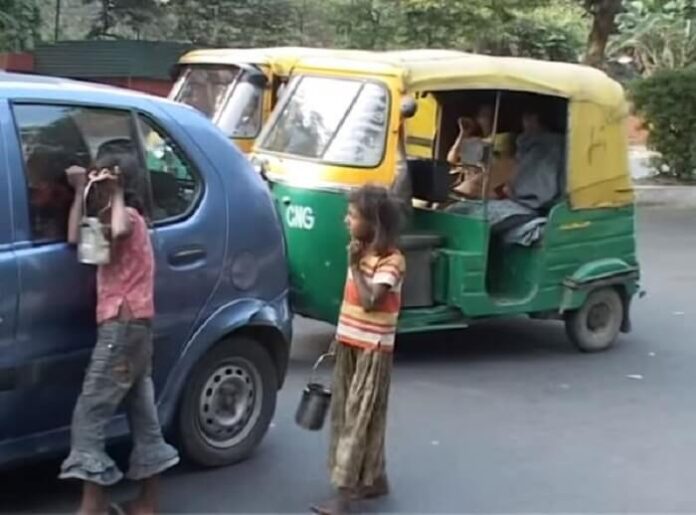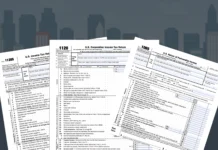Human trafficking cartels in India are beating, drugging, and forcing at least 300,000 children into begging across the country, according to a report from Thomson Reuters Foundation based on information from police and trafficking experts.
The Freedom Project India, an organization working on trafficking issues in the country is preparing a report/handbook about the situation of children forced into begging in the country.
The organization’s CEO Anita Kanaiya told Thomson Reuters Foundation that the police in India “don’t thing begging is an issue because they assume that the adult with the child is either a family or a known person. But for every 50 children rescued there will be at least 10 who are victims of trafficking. And there has to be a constant vigil to identify them.”
Begging becomes a multi-million rupee industry
The Indian National Human Rights Commission reported that as much as 40,000 children are kidnapped in the country every year. At least 11,000 out of the number remained untraced.
Experts say begging has become a multi-million rupee industry, which is controlled by human traffickers. Human traffickers sometimes burn and mutilate the children to gain people’s sympathy and give more money when they beg. The children use the money earned from begging to pay the traffickers, buy alcohol or drugs.
The experts based their report from experiences of charities and police in Bengaluru city formerly known as Bangalore in the southern state of Karnataka, India.
Indian police noticed a seasonal pattern to begging. According to them, the number of children begging the streets increases in cities such as Bengaluru before festivals or after a natural disaster.
Operation Rakshane aimed to save child beggars
Bengaluru police launched the “Operation Rakshane” in 2011 to save the children force into begging. The police coordinated the project with different charities and government agencies.
They covered the entire city taking pictures of the children on the streets and documenting their daily activities. They also followed them back to their homes every day before conducting a series of rescue operation.
On the other hand Police Inspector General Pronob Mohanty led the rescue operation, which was composed of teams of police and health workers. They rescued 300 children per day across the city.
According to Kanaiya, “When we started, we had nothing to prove the connection between begging and trafficking. But we went about meticulously recording any signs of forced labor on the streets of the city.”
In a handbook, Inspector General Mohanty wrote that “Operation Rakshane is meant to be a template which can be replicated as a model of inter-agency cooperation.” The handbooks included recommendations for data collection, surveillance, rehabilitation and a list of relevant laws.
“We are now initiating a planned campaign to take the book to every police headquarter in the country and follow it up with a workshop on child (begging) and rescue operations for policemen,” said Kanaiya.









